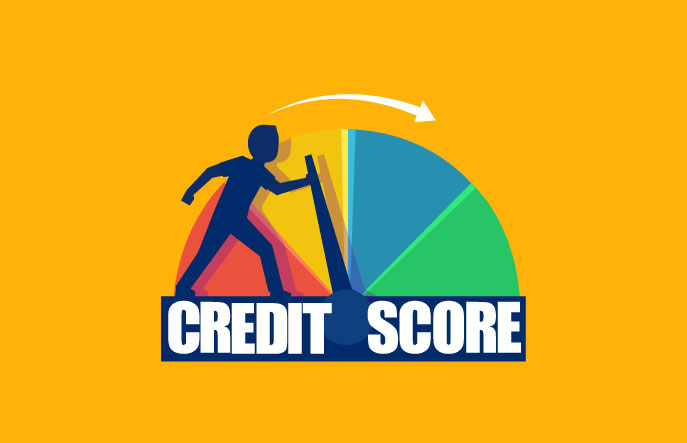Tips to Work Out Your Credit Score
Do you think about your credit score? Great! Your NC Community Credit Union is here to provide you with ways to bulk up your score in the new year.
For many of us, our credit score is a big deal, and understanding what makes it tick isn’t always clear. Here are a few things to think about when working out your credit score:
Check your credit report.
Keeping an eye on your credit report is always a good exercise. Studies show that one out of every five credit reports is bound to have a mistake, and can be the reason for your lowered score.
If you are writing down any new year resolutions, fixing any mistakes on your credit report should be added to your workout list. If you haven’t checked on your credit score in a while, visit AnnualCreditReport.com for your free credit report for the year.
Reported errors on your credit report can take up to 30 days to correct. If you are planning on applying for a mortgage loan or purchasing a car, make sure to check your credit report in advance for any mistakes.
Kicking your bad habits.
Bad habits can be a pain in the butt when it comes to boosting your credit score. Making sure all payments are paid on time is an excellent way to kick your score into shape.
Your payment history determines 35% of your score. If you want to see improvement in your score, finding a system that will help you pay all your bills on time is ideal. For a boost of encouragement, keep in mind that a late payment reported on your credit can decrease your score by 110 points. Use this fun fact for motivation when paying your bills this year.
Pay down your credit card.
Getting rid of your credit card debt is another useful tip when toning your credit score. The amount of money you owe to credit card lenders accounts for 30% of your credit score. Depending on your utilization ratio, your score can take a rise or a dive, and typically a utilization ratio ( percentage of a borrower’s total available credit that is currently being utilized ) of 30% or lower is recommended.
Example: Amy has a credit card with a limit of $2,000.00. She went to the store and charged $500.00. Amy’s utilization ratio is 25%.
A line of credit-increase can also help your utilization ratio. By increasing your line of credit, you can decrease your utilization ratio and improve your credit score. Make sure the inquiry for an increase doesn’t leave a hard inquiry on your credit report, which could hurt your score instead of boosting it. Be sure to ask your lender before increasing your line of credit.
Old debt is your best friend.
“Good debt” is real.
Yes, negative debt isn’t healthy. Any accounts that you haven’t paid or late payments are incredibly toxic for your score. But old debt that has been paid off is very similar to an avocado, good fat. “ Good debt” is any debt that is old and fully paid off. Many people try to get paid accounts taken off their credit report, but fail to realize payment history is another way to bulk up your score.
Some advice, leave all old debt on your credit report. The longer your payment history, the better.
Do not feel discouraged. Building and boosting your credit score takes time, patience, and consistency. If you keep these tips in mind when buying, paying bills, and trying to get your credit score right, you will prevail in beefing up your score. We believe in you!
For more information on credit score building, visit www.nccfcu.org.
